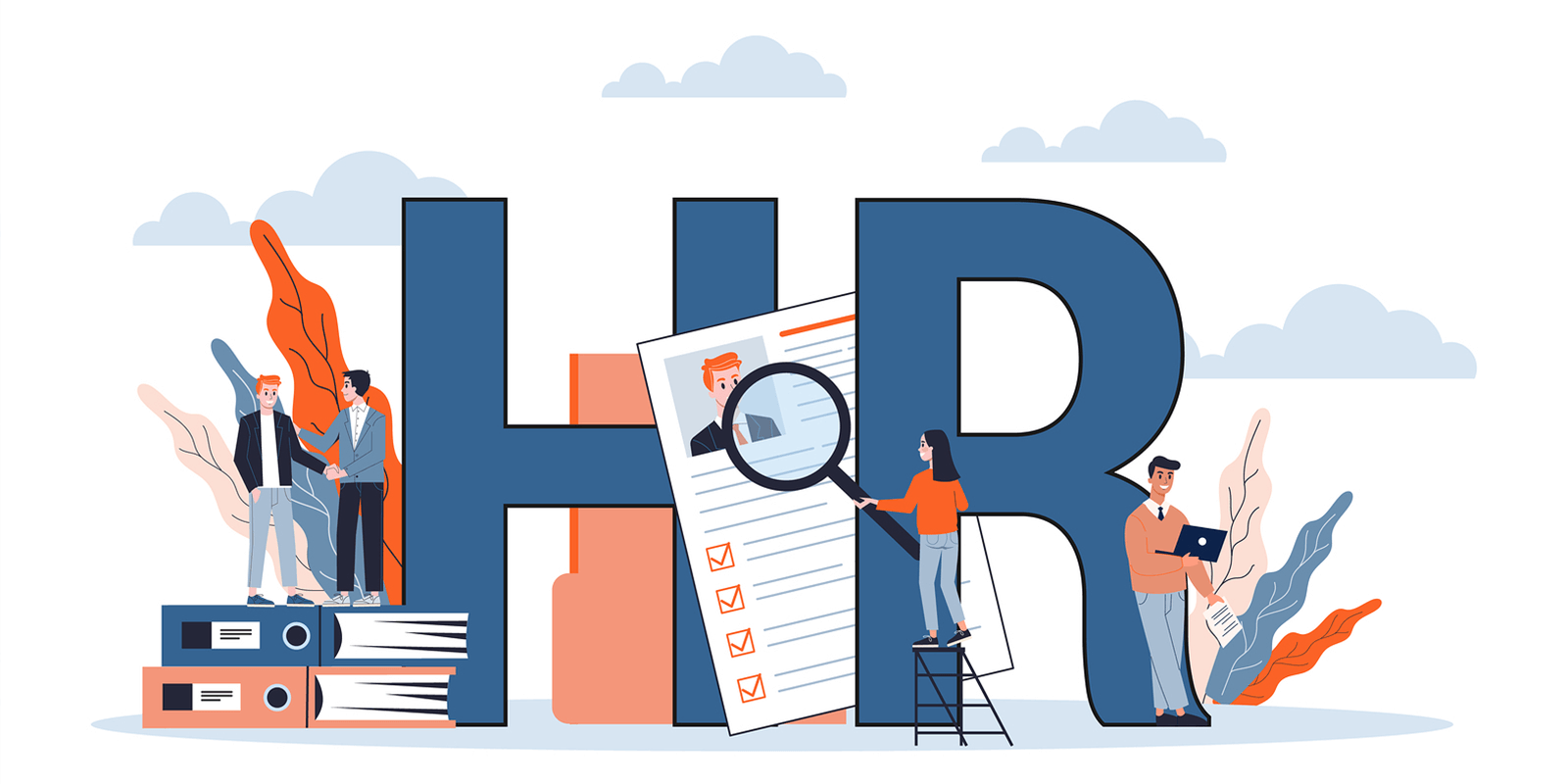The year 2020 is often referred to as a year of disruption by business leaders and HR partners. Rightly so, it changed the way global economies, industries, and organisations functioned. The Human Resource industry faced one of its biggest crises in history, having to hit the ‘reset’ button and develop a new working methodology for businesses overnight, which gave birth to a now ‘new normal’ of remote working.
What was unimaginable 12 months ago has become a new norm for corporations. With the pandemic threat still looming large and businesses exercising continuity via a remote workforce, the Human Resource industry’s function has changed substantially.
Here’s how the new normal is shaping the future of HR going forward. People-centric approach One of the significant changes in the post-COVID-19 HR Industry that can be seen is the change of focus from processes to people.
Compared to the pre-pandemic times, when economic gains associated with a project would drive a business decision for an organization, the pandemic and the subsequent remote-working environment has changed the way businesses function, with companies realising that it’s the people that matter beyond the processes.
And this change can be seen in the way organisations deal with their workforce. Be it periodically checking in with their employees to know how they are doing, conversations focusing on topics apart from work, holding virtual game sessions and coffee dates to engage employees, and bonding together amidst this turbulent time.
While these initiatives may be seen as topical, however, with many organisations looking to move a segment of their workforce to remote working permanently, that might not be the case.
he global health crisis and the subsequent remote working environment is likely to cause the HR industry to restructure its function within an organization, with people at the core of any business’s decision-making process.
Additionally, the HR industry’s role will change from being a driver of a corporation’s business plan to a bridge between an organisation and its workforce. These changes are likely to shape the future of HR at large for years to come.







